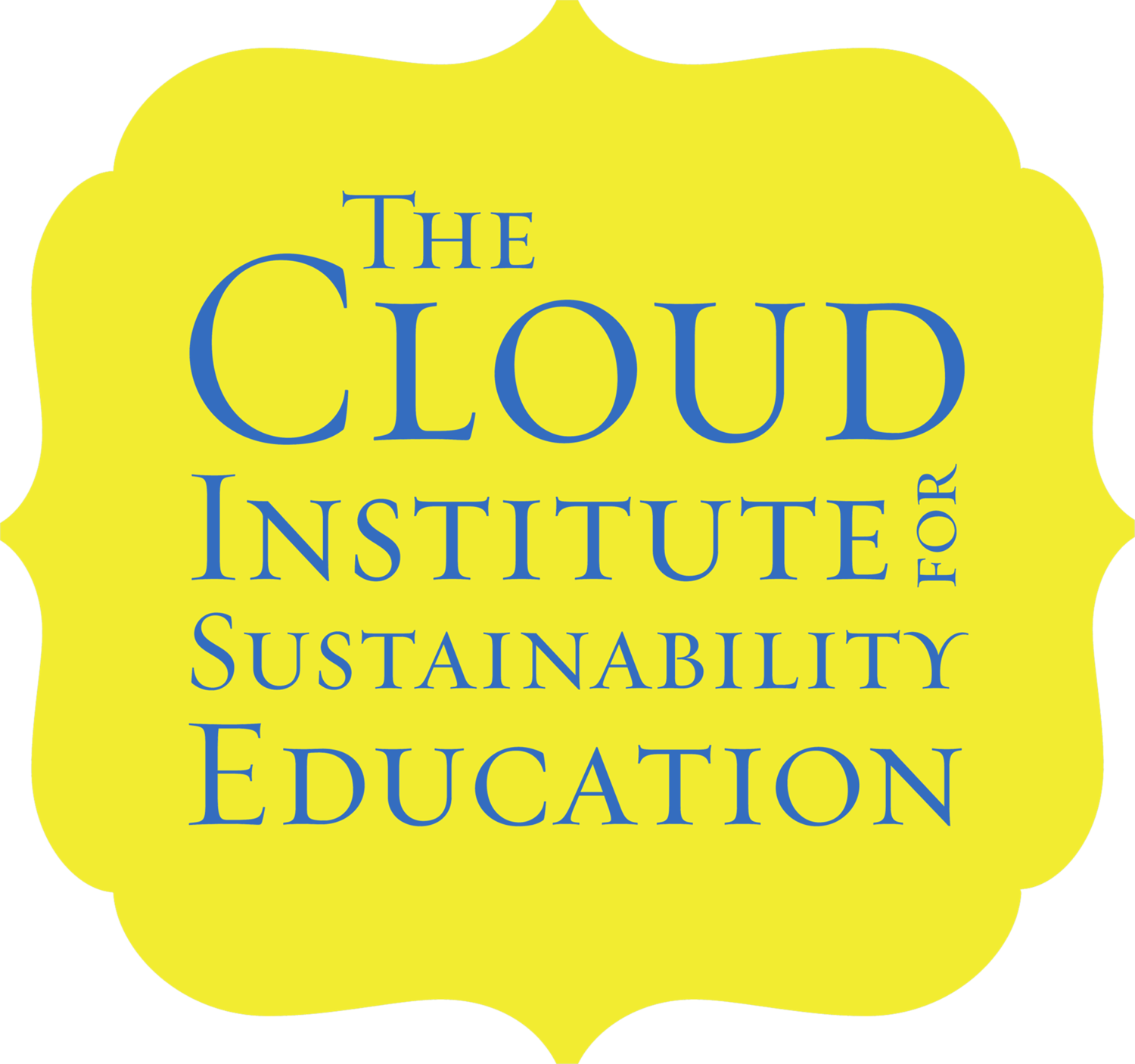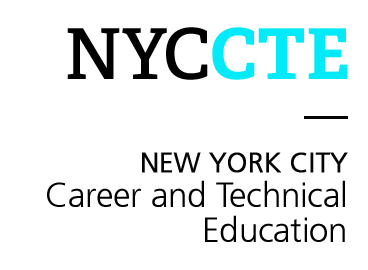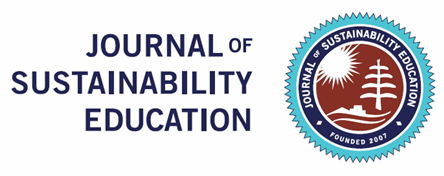Winter News | Oxford International Sustainability Curriculum + 2024 Design Studio
/Introduction to EfS will immerse participants in systems thinking games and simulations, group discussions about economics and quality of life, and the science of sustainability.
Stories and case studies will be shared, we will explore contemporary ideas in EfS and we will envision what is possible when we educate for sustainability.
During the Curriculum Design Studio, we will use backwards design/ Understanding by Design (UbD), to re-orient, innovate, build, and map curricula designed to meet academic standards in addition to EfS standards, performance indicators, and enduring understandings - without additional class time.
Join us for the popular Intro to Education for Sustainability (EfS) One Day Workshop or a full week of Curriculum Design and Coaching.
We're Proud to Announce the New Oxford International Curriculum for Sustainability!
The Cloud Institute is proud to announce the new Oxford International Curriculum for Sustainability! Now more than ever, teachers are increasingly looking for ways to bring the attributes of Education for Sustainability into the classroom, and today’s young people are counting on all of us to learn how to work together to make the shift toward a sustainable future.
The Cloud Institute is working closely with the Oxford International Curriculum team at Oxford University Press to build the vertically articulated series of project- based learning experiences from 1st year to 9th year (K-8 in the U.S.).
We wrote the Learning Outcomes and Assessment Framework for the series and are working closely with the lesson authors to make them come alive for students and teachers in classrooms all over the world!
Apart, Together - A Book About Transformation
Educating for sustainability means inspiring children to think about the world, their relationship to it, and their ability to influence it in an entirely new way. Children learn the knowledge, skills, and mindsets to work towards their preferred future - a new paradigm for living with one another on Earth that celebrates our capability to thrive over time in the context of a rapidly changing and interdependent world.
Apart, Together - A Book About Transformation uses everyday scenes such as gardening, mixing color, playing a sport, and playing with blocks, to invite children and their grownups to read, discuss, play, imagine, and together, be curious about the connections that make up their world.
Having these types of conversations helps children build the muscle to see not only objects — a bee, soil, a soccer player— but to imagine how the interconnections and interactions among those objects can create something entirely new.
With each new page, critical thinking skills grow (such as observation, prediction, and sharing their ideas about how change happens) and the brain itself grows! And whether you’re 5 or 55, imagining how different parts interact to produce the results we see, is the first step in “systems thinking.” Developing early habits to imagine interconnections helps children feel more confident when dealing with complex problems as they grow.
Planting The Seeds of Sustainability
Planting the seeds for a sustainable future starts early for these young students. It's at the core of one charter school's mission from how it's built, to what it serves.
We are happy to share this CBS feature about Mundo Verde Public Charter School, a PreK-5 bilingual school that serves students across two campuses in Washington D.C.
The Cloud Institute has been working with Mundo Verde for several years now because they are dedicated to educating for a sustainable future. It’s working!
Announcing the 2024 Green Schools Conference
The Green Schools Conference (GSC) brings together everyone involved in creating and advocating for green schools, focusing on those leading their schools and school systems toward whole-school sustainability. Now in its 14th year, the three-day event provides a platform for the green schools community that inspires and facilitates the progress of the green schools movement.
Each year, the conference program includes a variety of educational formats that offer a deep dive into the most pressing green school topics within the areas of environmental impact, health and wellness, environmental and sustainability education, and whole-school sustainability culture.
Visit greenschoolsconference.org to learn more.
The EfS Reservoir of Curriculum Exemplars
The EfS Reservoir is a multi-media repository of exemplars aligned to the EfS Benchmarks. The exemplars include quality curriculum units, courses, assessments, performance criteria, student work samples and eventually stories, interviews, discussions, images, narration and film that will illustrate the contexts and the impact of this work in schools and communities.
Do you have exemplary curricula or lesson plans that showcase the attributes of Education for Sustainability? We invite you to share your lesson plans and learning experiences for professional review. Help us grow the collection for quality curricula that educates for sustainability.
Your Support Is Appreciated
The Cloud Institute exists to ensure the viability of sustainable communities by leveraging changes in PreK-12 school systems so that we may prepare young people for the shift toward a sustainable future. Friends like you make it possible.
Your donation gives us the flexibility to create new opportunities for the teachers, students and the communities we serve.



























